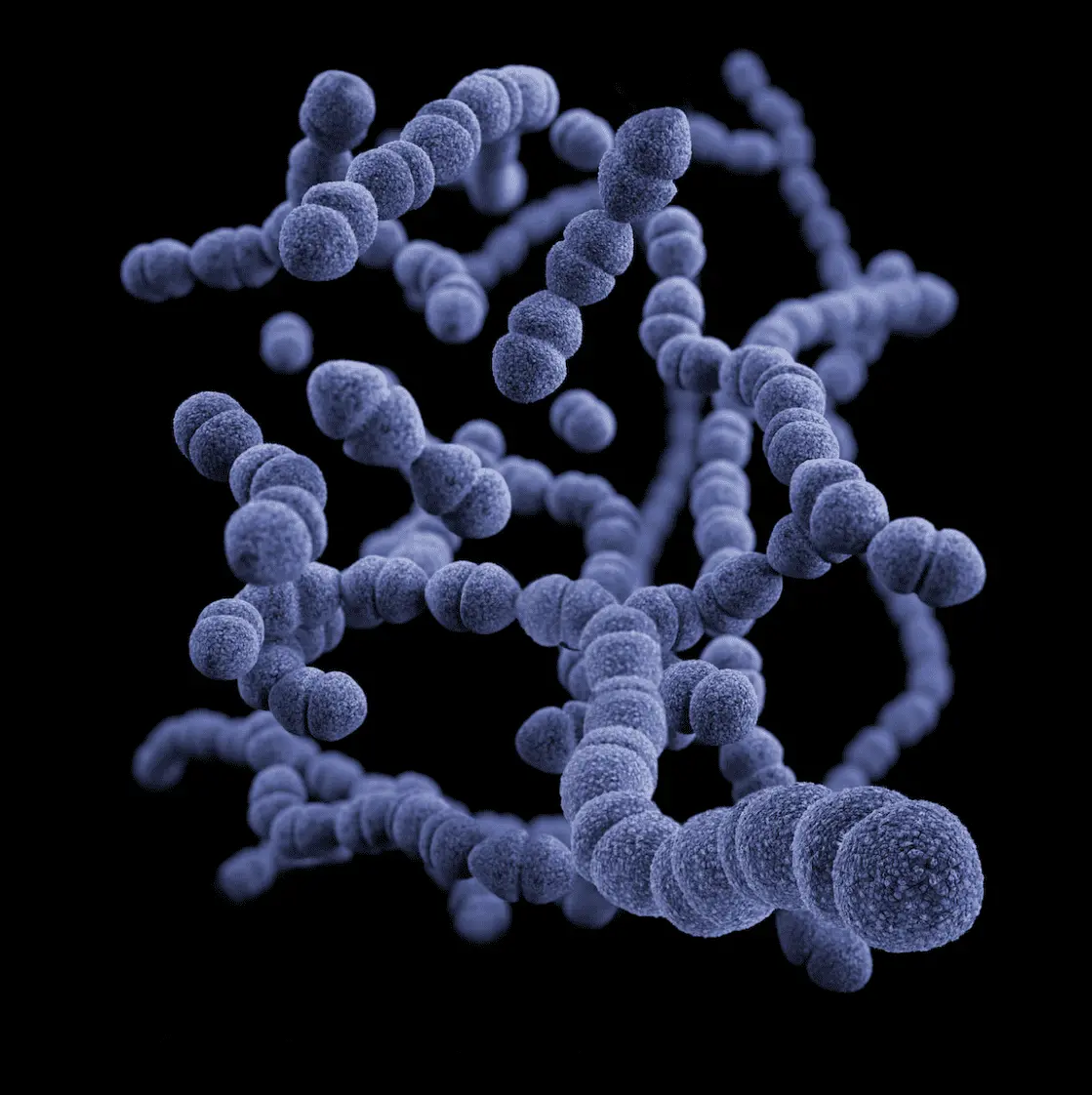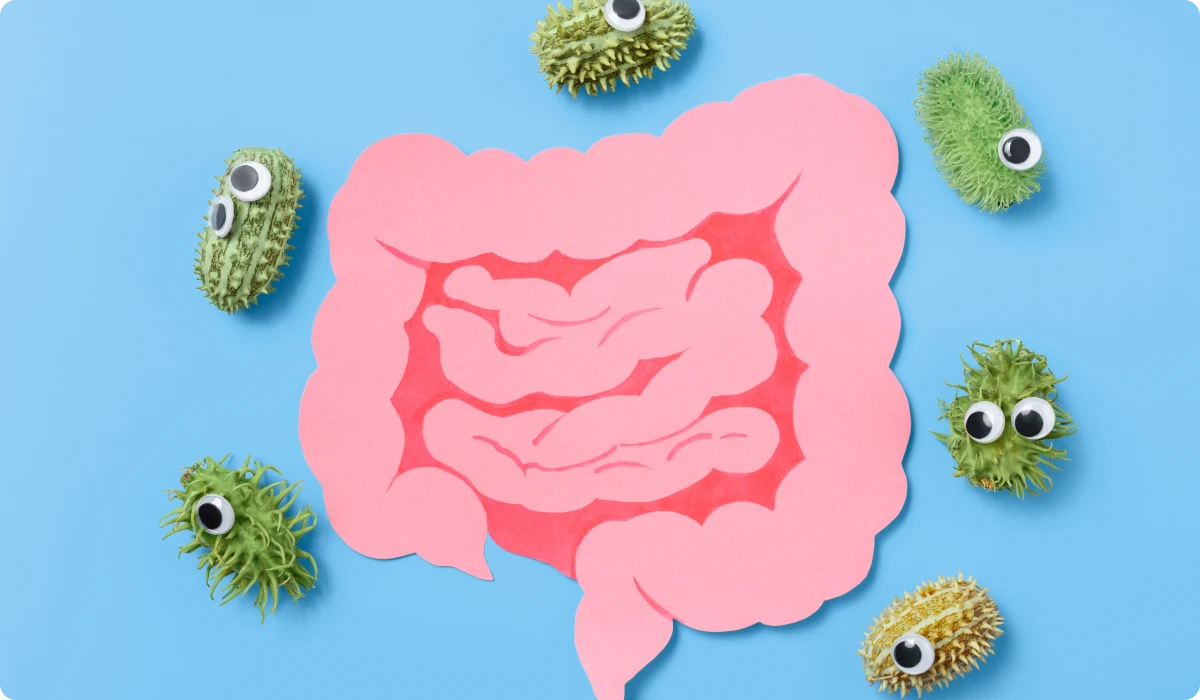
Lactose intolerance is a common digestive disorder that affects millions of people worldwide. It occurs when the body is unable to digest lactose, a sugar found in milk and other dairy products. In this blog post, we will discuss the symptoms, causes, tests, foods to avoid, and other important information related to lactose intolerance.
Lactose intolerance symptoms
The symptoms of lactose intolerance can vary from person to person and can range from mild to severe. Some common symptoms include:
- Bloating
- Gas
- Diarrhea
- Nausea
- Abdominal cramps
- Vomiting
These symptoms usually occur within 30 minutes to 2 hours after consuming dairy products.
Causes of lactose intolerance
Lactose intolerance occurs when the body is deficient in the lactase enzyme needed to break down lactose in the small intestine. Undigested lactose passes to the large intestine where bacteria break it down, causing stomach cramps and diarrhea. Reducing or eliminating lactose in the diet can alleviate symptoms. Lactose intolerance is rare in children under five, and stomach problems in children are often due to cow’s milk allergy or other causes. Accurate diagnosis is crucial for effective treatment. Below you can read about different causes of lactose intolerance.
Primary lactose intolerance
Primary lactose intolerance is the most common type of lactose intolerance. It is hereditary and more common in Asia, Africa and southern Europe. Primary lactose intolerance is due to reduced production of the enzyme lactase which is needed to break down milk sugar, also known as lactose. It is usually in between the kid to young adult years that the lactase production begins to decrease in people with heredity for lactose intolerance. For people with primary lactose intolerance, it is common to have problems with foods that contain a lot of milk sugar, such as milk. On the other hand, foods that don’t contain that much milk sugar often work well. Examples of such foods are hard cheese, yoghurt, butter and sandwich margarines that contain butterfat.
Secondary lactose intolerance
Secondary lactose intolerance, also known as temporary lactose intolerance, occurs if the small intestinal mucosa is damaged due to any untreated intestinal disease or parasitic infection. An example of such a disease is gluten intolerance where gluten causes inflammation that breaks down the intestinal lining in the small intestine. Meaning that nutrients cannot be absorbed. Secondary lactose intolerance generally goes away when the true cause of the problem has been treated and the intestinal damage is healed.
Lactose intolerance test
If you suspect that you have lactose intolerance, there are several tests available to confirm the diagnosis. One of the most common tests is the lactose intolerance test, which measures the amount of hydrogen in your breath after consuming a lactose-containing drink. High levels of hydrogen in your breath indicate that your body is not digesting lactose properly.
Lactose intolerance foods to avoid
If you have lactose intolerance, it is important to avoid or limit the intake of lactose-containing foods. Some common foods to avoid include:
- Milk
- Cheese
- Yogurt
- Ice cream
- Butter
- Cream
- Whey protein
- Milk chocolate
However, it is important to note that not all dairy products contain the same amount of lactose. Some people may be able to tolerate small amounts of lactose, while others may need to avoid it completely.
Lactose intolerance newborn
Lactose intolerance in newborns is very rare. In some cases, babies may be born with a genetic disorder called congenital lactase deficiency, which means they are unable to produce lactase from birth. However, this condition is very rare and usually resolves on its own within a few months.
Lactose intolerance pregnancy
Lactose intolerance during pregnancy is possible, although it is not very common. Some women may experience lactose intolerance symptoms during pregnancy due to hormonal changes or changes in their digestive system. If you are pregnant and experiencing symptoms of lactose intolerance, you might like to consider taking a lactose intolerance test at home, then consult your doctor about how to manage your symptoms and ensure that you are getting enough calcium and other nutrients.
Can lactose intolerance go away?
Unfortunately, lactose intolerance is usually a lifelong condition. However, some people may be able to tolerate small amounts of lactose over time as their bodies adapt. Additionally, there are lactose-free and low-lactose alternatives available for most dairy products, which can make it easier to manage symptoms.
Conclusion
In conclusion, lactose intolerance is a common digestive disorder that affects millions of people worldwide. If you suspect that you have lactose intolerance, it is important to talk to your doctor about testing and management strategies. With the right approach, you can still enjoy a healthy and balanced diet without the discomfort of lactose intolerance.
If you would like to learn more about the at home lactose intolerance test, you can visit here. This test is a quick and easy way to confirm whether you have lactose intolerance, so you can take steps to manage your symptoms and improve your overall health. You can also have a live chat with our medical expert via GetTested.co.uk between 9am – 3pm CET if you have more questions about lactose intolerance or other health concerns.
Johanna is a certified professional health coach with over a decade of experience in the field. She specialises in helping individuals navigate their health journeys, whether they are dealing with chronic conditions, working towards weight management goals, or seeking to improve their overall wellbeing.
Johanna is also a prolific contributor to our blog, where she shares expert insights, tips, and advice to help you stay healthy. She is passionate about ensuring our readers have access to the latest research and information. For personalised health advice, consider scheduling a consultation with us.








